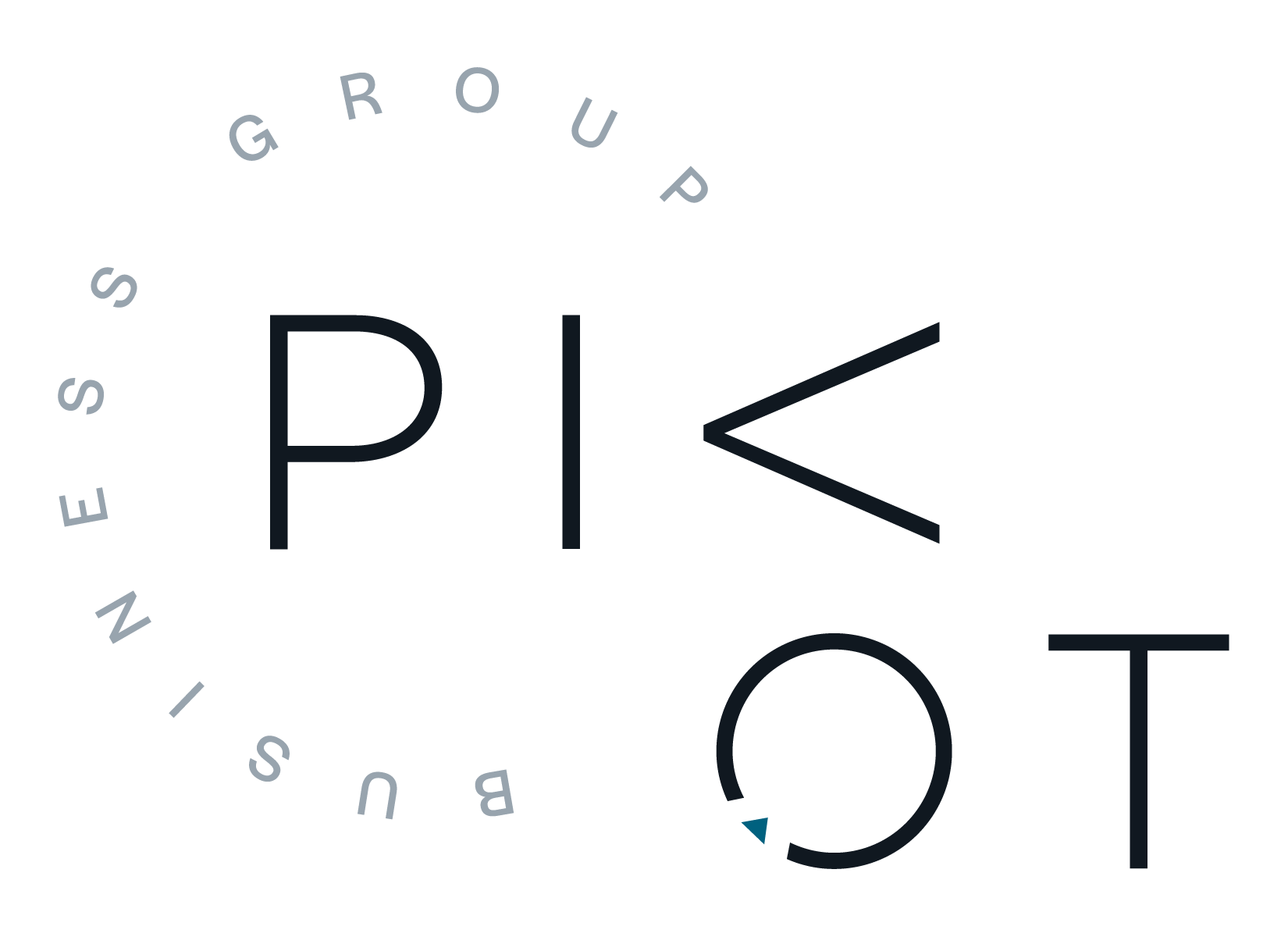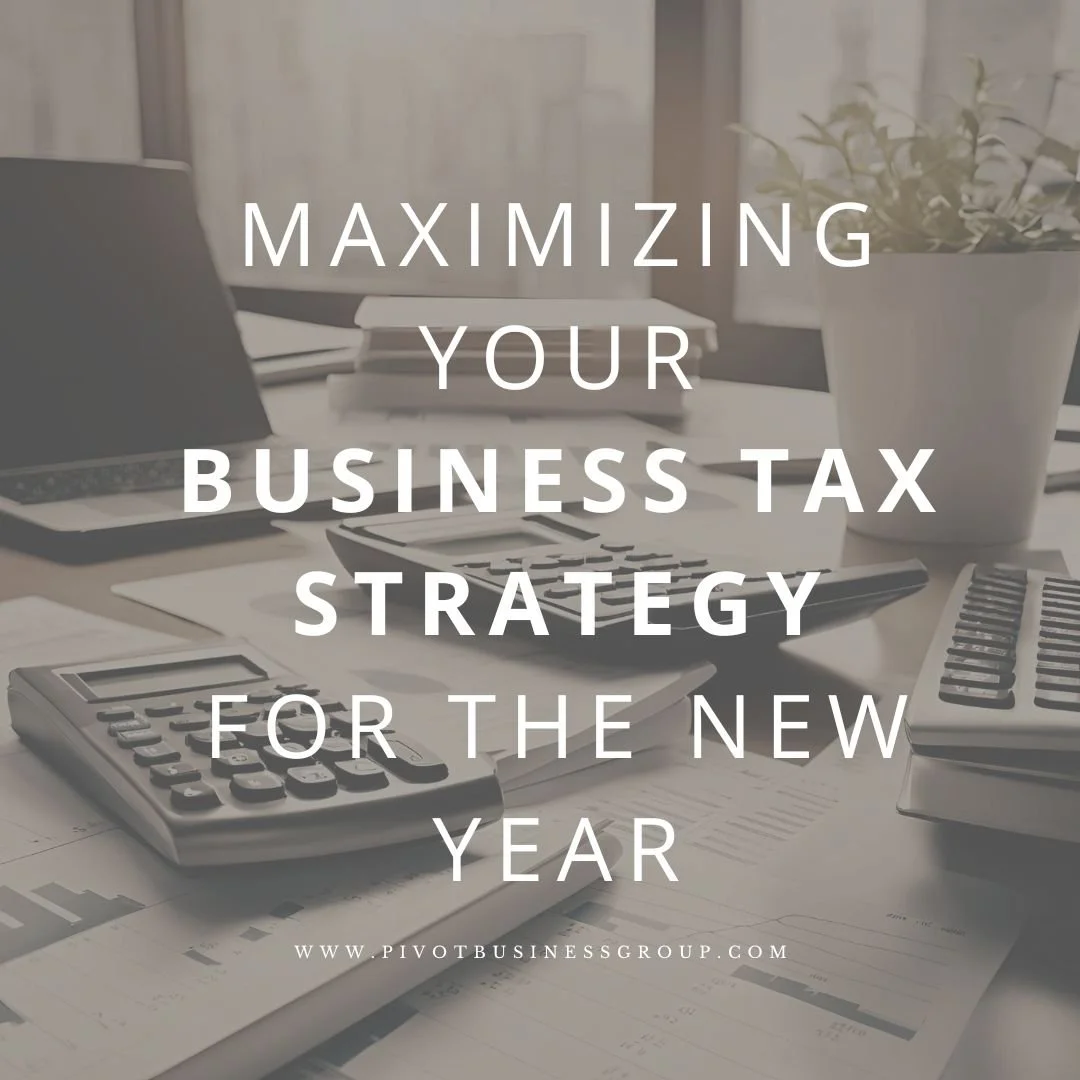Maximizing Your Business Tax Strategy for the New Year: Top Tips and Strategies
As we usher in the new year, it’s the perfect time for business owners to reflect on their tax strategy. With shifting regulations, new deductions, and evolving business conditions, staying on top of your tax planning is essential for minimizing liabilities and maximizing growth. Whether you’re a seasoned entrepreneur or just starting, here are the best tax strategies you should consider to optimize your tax position for the year ahead.
1. Take Advantage of New Tax Laws
Each year, tax laws change, and the new year brings opportunities for businesses to adapt and benefit from these updates. For example, recent years have seen significant shifts in corporate tax rates, deductions, and incentives. As of 2024, some of the key updates that could benefit your business include:
Enhanced Section 179 Deductions: Section 179 allows businesses to expense the full cost of qualifying equipment and property purchased during the year. For the 2024 tax year, businesses can deduct up to $1,160,000 (subject to phase-out limits) of capital expenditures. If you plan on purchasing new machinery, vehicles, or office equipment, this could be a game changer.
Research and Development (R&D) Tax Credit: The federal R&D tax credit offers a substantial break for businesses investing in research and innovation. If your business is working on new products, software, or processes, you might qualify for this tax credit, which is often underutilized by many small businesses.
Bonus Depreciation: In addition to Section 179, businesses can also take advantage of bonus depreciation, which allows for immediate expensing of a percentage of qualifying property (including new and used assets). For 2024, businesses can deduct 80% of the cost of eligible assets in the year they are purchased.
2. Maximize Your Deductions and Credits
Deductions and credits are critical to lowering your taxable income. To ensure you’re claiming all possible deductions, here are a few strategies to explore:
Home Office Deduction: If you operate your business from home, the IRS allows you to deduct a portion of your home’s expenses—such as utilities, mortgage interest, property taxes, and repairs—if you meet the criteria for a home office.
Retirement Contributions: Contributing to retirement accounts like a SEP IRA, Solo 401(k), or SIMPLE IRA can significantly reduce your taxable income while also securing your financial future. For 2024, SEP IRA contribution limits are $66,000, and Solo 401(k)s offer deferrals up to $22,500 (or $30,000 if you’re over 50), plus employer contributions.
Employee Benefits and Wages: Offering fringe benefits such as health insurance, retirement plans, or bonuses can be a win-win. These expenses are deductible for the business while enhancing employee satisfaction and retention. Additionally, paying your employees well within reason can increase your deductions while keeping your workforce motivated.
State and Local Tax (SALT) Strategies: Depending on where you operate, SALT deductions might be an area for optimization. Although SALT deductions are capped for individual returns, businesses may still deduct business-related state taxes, so review your location-specific tax obligations and opportunities.
3. Plan for Quarterly Taxes
If your business isn’t structured as a corporation and you’re self-employed or a sole proprietor, you’ll likely need to pay estimated taxes quarterly. Underestimating your quarterly payments could lead to penalties or an unpleasant surprise come tax season.
To avoid underpayment penalties and keep your cash flow stable, ensure you're calculating quarterly estimates based on your projected income for the year. If your business experiences significant seasonal income fluctuations, you may be able to adjust your payments accordingly. Setting aside money throughout the year can also ensure you're not scrambling when the tax bill is due.
4. Consider Incorporating or Changing Your Business Structure
The structure of your business (LLC, S-Corp, C-Corp, etc.) plays a critical role in how your income is taxed. If your business is still operating as a sole proprietorship or a partnership, consider whether it might benefit from a tax-efficient structure change. For instance:
S-Corp Election: Many small business owners opt for S-corp status to avoid self-employment taxes on profits beyond reasonable salaries. This can reduce your overall tax liability.
LLC or C-Corp: Depending on the size and scale of your business, forming an LLC or a C-Corp could offer tax advantages, especially if you're planning to reinvest profits or attract investors. C-Corps, for example, are taxed at a corporate rate and have more flexible deduction options for employee benefits, health insurance, and more.
5. Defer Income and Accelerate Expenses
A powerful tax strategy that can minimize your current-year tax bill is to shift income or expenses between years. Here’s how you can do it:
Deferring Income: If you’re expecting a high-income year, consider deferring some of the income until next year (if you can). For example, you might delay sending out invoices or postpone signing contracts until after the new year begins.
Accelerating Expenses: On the flip side, consider paying for certain business expenses before the year ends. Prepaying for insurance, office supplies, or software subscriptions can accelerate deductions, reducing your taxable income for the current year.
6. Work with a Tax Professional
Navigating business taxes can be complex, especially when there are frequent changes to tax laws. Working with a certified tax professional or a CPA who understands the nuances of business taxation can save you time, money, and stress. They can help you:
Stay up to date with evolving tax laws.
Maximize deductions and credits.
Ensure you’re making the right strategic decisions based on your business’s goals.
7. Keep Detailed Records
Finally, one of the most crucial tax strategies is staying organized. Keep detailed and accurate records of all business expenses, invoices, receipts, and payroll documents throughout the year. This not only makes tax season easier but also helps to ensure that you don’t miss out on any deductions or credits you’re entitled to. Consider using accounting software or hiring a bookkeeper to track your finances effectively.
Conclusion
Tax planning for the new year is an essential part of running a successful business. By staying informed about new tax laws, maximizing deductions and credits, and keeping an eye on your business structure and cash flow, you can optimize your tax strategy and set your business up for financial success in the year ahead.
Remember, the best time to start your tax planning is now. Take advantage of these strategies, and don’t hesitate to consult a tax professional to ensure you’re making the most of the opportunities available to your business. With the right approach, you can minimize your tax liability and set your business up for long-term success.

